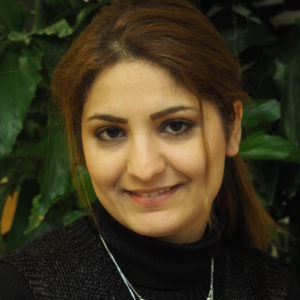As Loss and Damage (L&D) becomes increasingly critical in climate negotiations, the need for accurate and comprehensive L&D indicators has never been more pressing. These indicators are essential for countries to effectively engage with the Santiago Network, access technical assistance, and participate meaningfully in UNFCCC processes.
Moreover, L&D indicators align with the New Collective Quantified Goal on Climate Finance (NCQG) framework, enabling countries to assess vulnerabilities, track adaptation progress, and ensure transparency in their climate strategies. Accurate and comprehensive indicators are crucial for integrating loss and damage into broader climate change efforts and fostering global collaboration on climate impacts.
This technical workshop, organized by the UNEP Copenhagen Climate Centre (UNEP-CCC) aimed to advance these goals by enhancing transparency and effectiveness in climate change responses. By developing these indicators, countries will strengthen their capacity to address the challenges posed by climate change and foster global collaboration on climate impacts.
Objectives:
To develop comprehensive L&D indicators: Identify and refine indicators that can accurately assess and report the impacts of climate change across various sectors, in line with UNFCCC guidelines.
To enhance countries’ capacity for L&D measurement and reporting: Provide tools and methodologies that can help member states effectively measure, document, and report their losses and damages, thus supporting their engagement with the Santiago Network.
To coordinate L&D transparency with international processes: Align UNEP’s efforts with global frameworks, including the Paris Agreement and the Warsaw International Mechanism (WIM), to enhance the consistency and comparability of L&D reporting.
Workshop Details:
The two-day virtual workshop was an interactive and participatory forum for national technical experts working with Loss and Damage. Participants engaged in expert presentations and sector-specific breakout group discussions to share insights and develop best practice indicators and reporting tools.
Sectoral Focus
The technical workshop featured in-depth discussions across key sectors identified as particularly vulnerable to climate change impacts, ensuring a comprehensive approach to developing effective Loss and Damage (L&D) indicators.

Day 1 recording:
Download the presentations here.
Day 2 recording:
Download the presentations here.
Moderators
Day 1
Day 2
Each session was guided by expert moderators who facilitated discussions and provided insights into developing robust L&D indicators tailored to these sectors.










